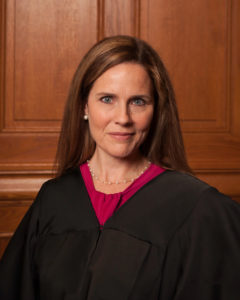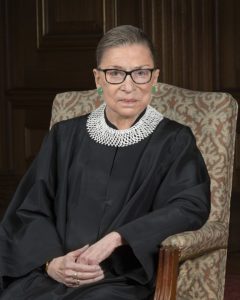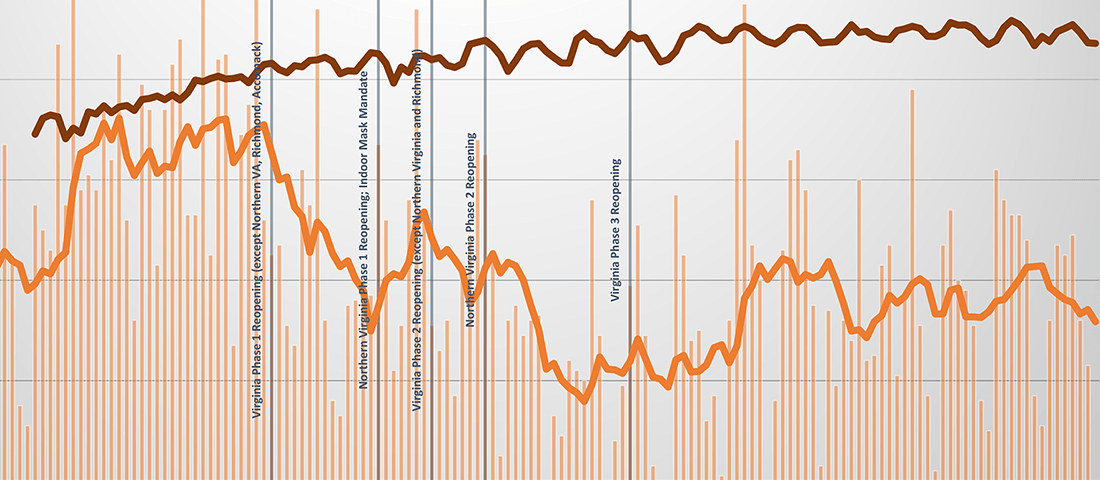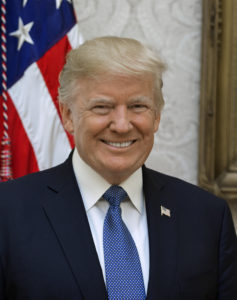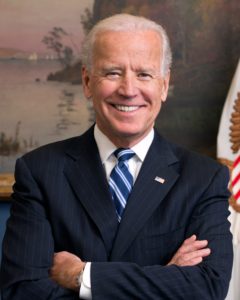President Donald Trump (R) will nominate Amy Coney Barrett to the United States Supreme Court. Barrett is a judge on the United States Court of Appeals for the Seventh Circuit.
If confirmed by the U.S. Senate, Barrett would replace Justice Ruth Bader Ginsburg, who died earlier this month of complications from pancreatic cancer. Ginsburg was part of the court’s ‘progressive wing’ and an advocate of the living constitution school of jurisprudence. Barrett is a ‘conservative’ jurist of either the originalist or textualist school. If confirmed, she would likely shift the ideological balance of the court from centrist or narrowly conservative to a more solid conservative majority.
Barrett worked as a law clerk for Judge Laurence Silberman of the U.S. Court of Appeals for the D.C. Circuit and for Justice Antonin Scalia of the U.S. Supreme Court. She has taught at the George Washington University School of Law and the Notre Dame Law School. At Notre Dame, she has won numerous awards and her scholarship has focused primarily on constitutional law. Barrett was nominated to the U.S. Count of Appeals for the Seventh Circuit in 2017 and was confirmed by the U.S. Senate with a bipartisan 55-43 vote.
Republican leaders claimed in 2016 that it was inappropriate to act on a Supreme Court nomination in a presidential election year, but they have since reversed their positions, citing either the treatment of Justice Brett Kavanaugh by Democrats during his confirmation hearings, or the alignment of the presidency and majority party in the Senate (a nuance that, curiously, was never mentioned in 2016). It appears very likely that the Senate will take up Barrett’s nomination and hold a vote before the November election.

